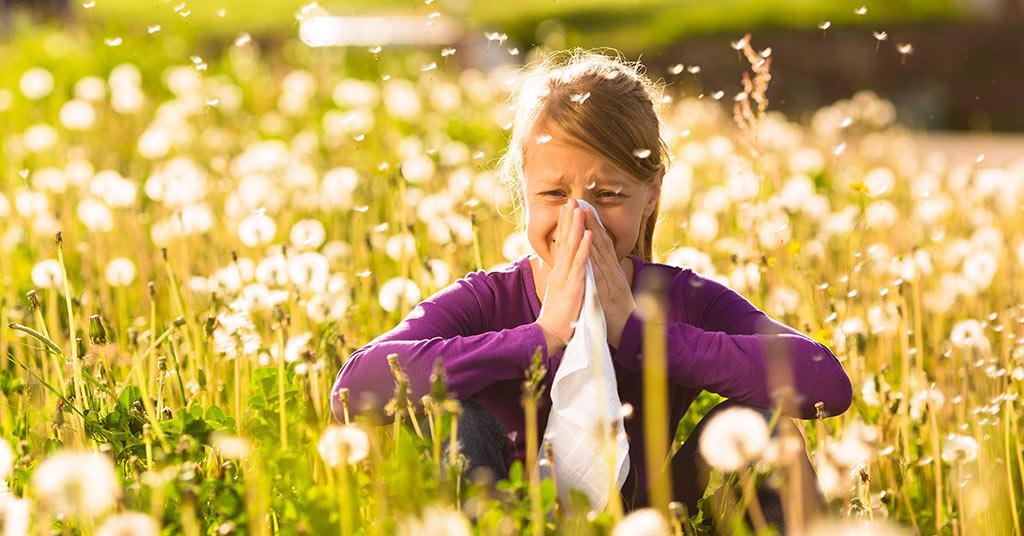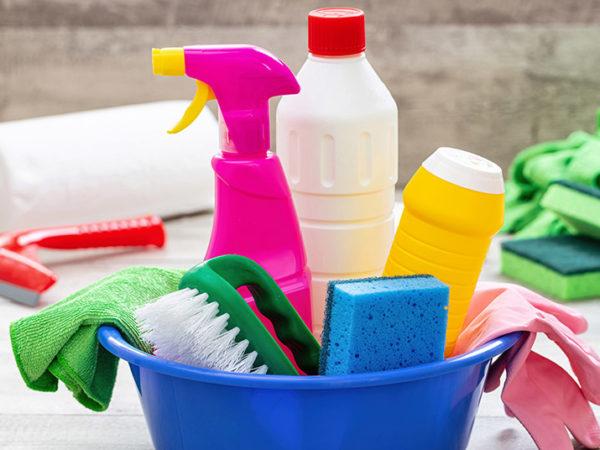
If you suffer from hay fever and you live in the Cape, we’re afraid your luck is out in October. According to the pollen calendar published by Cape Town’s Pollen Sampling organisation, October is when the pollen levels from grasses reach their peak.
It’s also at this time of year that certain trees around the Cape, including the ubiquitous willow karree (witkaree in Afrikaans), release the most pollen.
Different plants and trees release pollen at different times of year, and for an unlucky few, hay fever is an issue almost year-round. However, there’s no denying that October is an especially rough month.
Hay fever is underrated
If you suffer from severe hay fever yourself or know someone else who does, you’ll agree that it’s not as trivial an ailment as it’s often portrayed to be. In fact, hay fever can be debilitating.
As well as causing a runny nose, sneezing and sore red eyes, hay fever can make you constantly sleepy and unable to concentrate. It can cause swelling around the eyes and in the nose, lead to serious ear infections and trigger asthma attacks.
What you can do to manage hay fever
Hay fever, properly known as allergic rhinitis, is an allergic response triggered by dust, pollen, pet dander or other airborne allergens.
There are two main approaches to managing hay fever – treat the symptoms and, more importantly, do what you can to avoid the allergens that cause them.
Treating hay fever symptoms
Over-the-counter antihistamine tablets and sprays can relieve or at least reduce ocular and nasal allergies, especially if taken regularly from up to four weeks before the pollen season starts.
Anti-allergy eye drops, saline nasal sprays and decongestants can also help fight the symptoms.
For more serious hay fever, prescribed corticosteroids may be used. Oral steroids can be used daily for about five days to clear a severely blocked nose, and nasal steroids can be used to reduce nasal inflammation and congestion.
Avoiding allergens
During peak pollen season, it’s preferable to stay indoors during mid-morning and early evening, when the pollen count is at its highest. If you do go outside for an extended period, shower and change your clothing immediately afterwards to prevent pollen from being transferred into your house. Close car windows when the pollen count is high and use the air conditioner to filter the air.
If your symptoms are bad, it can also helpful to wear a simple face mask (available from any pharmacy). Even indoors, doing this for short periods may provide surprisingly rapid relief.
Cleaning can make a real difference
During peak allergy season, regular, thorough cleaning will reduce the presence of allergens in your home.
Frequently wash your bedding, clean soft furnishings and curtains and vacuum carpets to remove allergens that have become embedded in the fibres. Also mops floors with water or diluted detergent – this will remove more dust and other allergens than dry sweeping.
Especially during the peak pollen season, it’s a good idea to use the services of professional cleaners to have carpets, curtains and upholstery deep cleaned.



